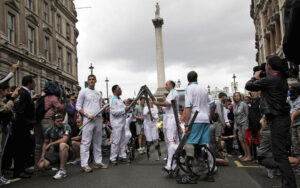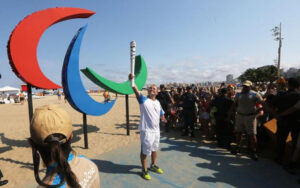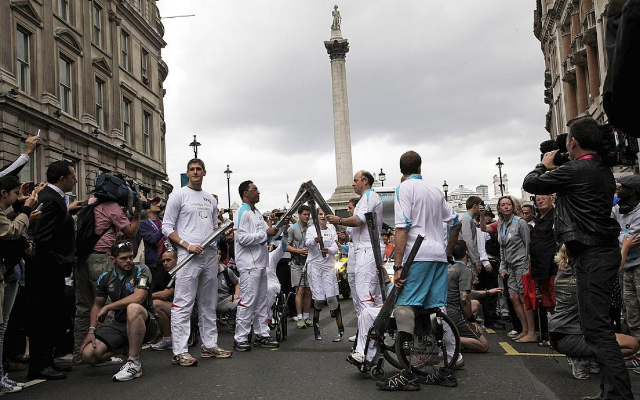
There is no shying away from the fact that there is a lot of negativity around in India at the moment. With justice still not delivered in the RG Kar case, the situation is far from normal. And it might get far more complicated in the coming months unless serious action is taken by the political class. Besides, there are other issues as well. We have seen the worst of human behaviour in the RG Kar case, and it has challenged the very foundations of our society. In all this negativity, sport has been a ray of hope. It brings with it a sense of optimism that inspires confidence in the idea of India we stand for and believe in, and remains a true mirror to our democracy.
With the Paralympics round the corner, Avani Lekhara, Nithya Sre and Bhavina Patel are stories of aspiration and hope, much needed in a country fraught with tension and disharmony. As Sachin Tendulkar once said, “Very rarely does the whole country unite on something. That’s what sport is able to do.” And this tradition isn’t restricted to cricket. Take our Paralympic athletes, for example. We have a Manoj Sarkar poised to make it to Paris 2024, whose mother used to make bidis to buy him his first badminton racket. And to thereafter buy his other equipment, Sarkar used to paint people’s houses for the little extra money on offer. Painting, he says, helped him master his strokes which now come in handy when he is in court fighting for his country.
For the Latest Sports News: Click Here

Devendra Jhajharia, two-time gold medallist at the Paralympics, and now President of the Paralympic Committee of India (PCI) has an incredible story. In his words, “When I went to the Athens Paralympics in 2004, all I had was a pair of spikes that cost me Rs 400 and a javelin priced at Rs 300. I paid for the trip myself and was one of the 25 athletes who represented India in Greece. Every other athlete participating in Athens would come to the stadium with his personal coach, trainer, physio and support team. They had better javelins, which were very similar to the ones we use now. But for me, it was never about facilities. It was never about the quality of javelin or spikes or coaching. It was always about hard work and more hard work. Working the hardest was my weapon against adversity, and I am glad it worked for me.”
At a time when the idea of India is being challenged at every step, and politics has become all about personal slander and animosity and violence, Jhajharia, Sarkar and Lekhara come as a breath of fresh air. There is something innately good about sport, and that’s what makes it so refreshing and welcome. And that’s why I welcome the Paralympics that much more. We need to move beyond the political blame game.

While politicians going for each other might generate ratings for TV anchors, the India they portray is not the India we stand for. That’s where sport can make a difference. At Paris 2024, for example, no one will care about the religion or economic background of the Indian contingent, and each time the tricolour goes up – and one hopes it will be a few more times than in Tokyo – all of India will unite in celebration.
Parties across the spectrum will enjoy the success of our para athletes and corporate India will come together in applauding the new champions. For a few days at least, the national rhetoric will be one about achievement and success, about what India can do rather than what all is wrong with the country. To go back to Tendulkar, “When I held the World Cup trophy and was being carried on the shoulders of my colleagues, I wasn’t holding it for myself. I was holding it for the whole of India who had collectively won it. It belonged to the entire nation, and that’s what sport had made possible.”
Thank God we have sport!
Also Read: From Maharajas and Sikhs from Malaya to Rohit Sharma and Virat Kohli




